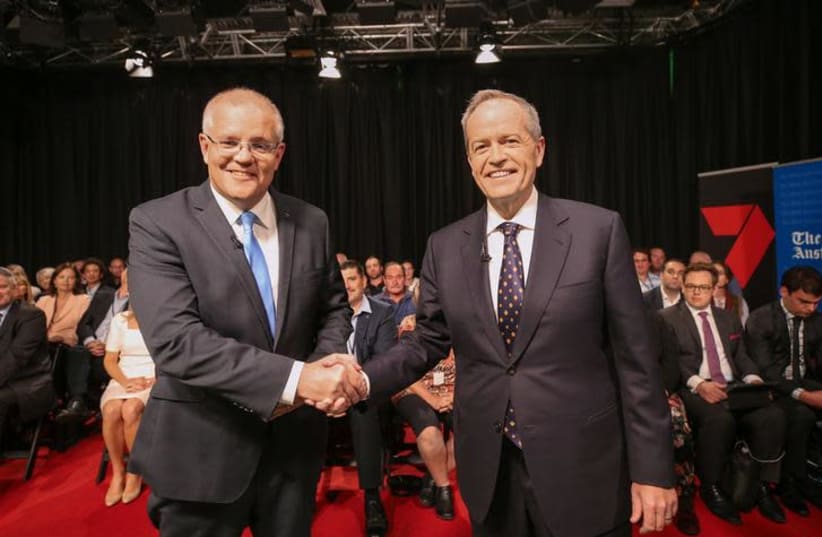Aussie Labor Party seeks to cancel recognition of west Jerusalem as capital
The Liberal party, in its answer to the Jerusalem question, said that Morrison “made it clear that it is the fundamental right of every country to determine its national capital.
